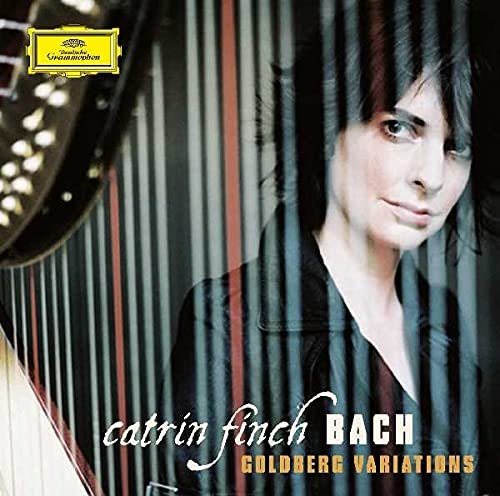Many years ago my wife bought me the Penguin Guide to Classical Music. While you probably have to know what composers you like, once you have a few (Bach, Beethoven, Vivaldi, etc)...you go to Penguin and for any piece (orchestral, quartets, sonata (solo), trios, etc...) they give you several recommendations of the particular albums to try with a mini-review under each one. They often speak not only about the interpretation, but also will frequently mention if it is well recorded/mastered or not...particularly if the recording is particularly historic (scratchy)...or a Channel Classics or BIS (often very well recorded and mastered).I would like to get more into classical but haven't a clue as to what performers/recordings are worth the investment. I have blindly bought LPs of music by composers I like, probably chosen because of attractive covers, and been disappointed. Your insight from trial and error helps me save money and time so thank you. I very much appreciate your sharing on this forum.
I found the Penguin invaluable as a big single-reference starting point/foundation...not its not definitive (what guide is?)...but for me, it was super helpful and took me from 60 albums (all guesswork as you describe) to well over 1,000 in the last 12 years. I still refer to it, even as our copy is 2010 and they are reissued/reupdated every single year.
Hope that helps.






